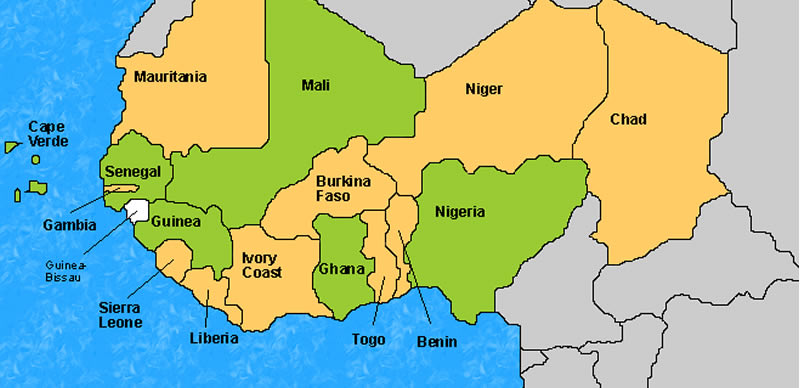In order to achieve the Sustainable Development Goals of the United Nations, the African Ministers’ Council on Water has challenged African countries with increasing their efforts to establish systems that will improve the Water, Sanitation, and Hygiene Programme and make water more accessible for Africans.
The Monday Abuja announcement was made by AMCOW Executive Secretary Dr. Rashid Mbaziira.
Mbaziira promised that AMCOW would keep pushing for the African Sanitation Policy Guidelines to be used and implemented across the continent.
He explained that the ASPG was developed in accordance with international best practices and that its widespread implementation will result in more secure public sanitation services.
Further work was required to solve the enormous sanitation gaps in Nigeria, he said, adding that Nigeria had been a big partner in AMCOW’s initiatives.
Mbaziira emphasized the significance of a well-functioning system and the cooperation of all relevant parties.
According to him, this would improve conditions for expanding access to clean water and sanitary facilities.
He stressed the importance of a national sanitation and hygiene policy and urged support for it, promising that AMCOW will keep pushing for its adoption.
To have Nigeria, our host country, use the ASPG being built by an organization it has backed so vigorously to help increase the enabling environment for sanitation and hygiene service provision would be a tremendous accomplishment on our part.
For this reason, we consider the establishment of a sanitation and hygiene strategy to be an important goal and would welcome the opportunity to provide any assistance we can in this area.
One that can help Nigeria and Nigerians attain securely managed sanitation is something we care deeply about; so, we will try our best to spread the word about it everywhere we can.
He argued that the ASPG would be given more legitimacy for prioritization and institutionalization if African countries’ sanitation policies were brought into line with it.
“So now the connection is that we are recognizing the global commitments that we have on SDG six or whatever, we are recognizing the Ngor obligations as we said, those are continental commitments.
“And we are also recognising the cultural elements that are associated with some of the practices that we do, the norms that we have, and now putting them together in this group may have things and we’re saying that these are the elements, If your sanitation policy follows these elements, it should be able to assure safely managed sanitation in the African context,” he said.
